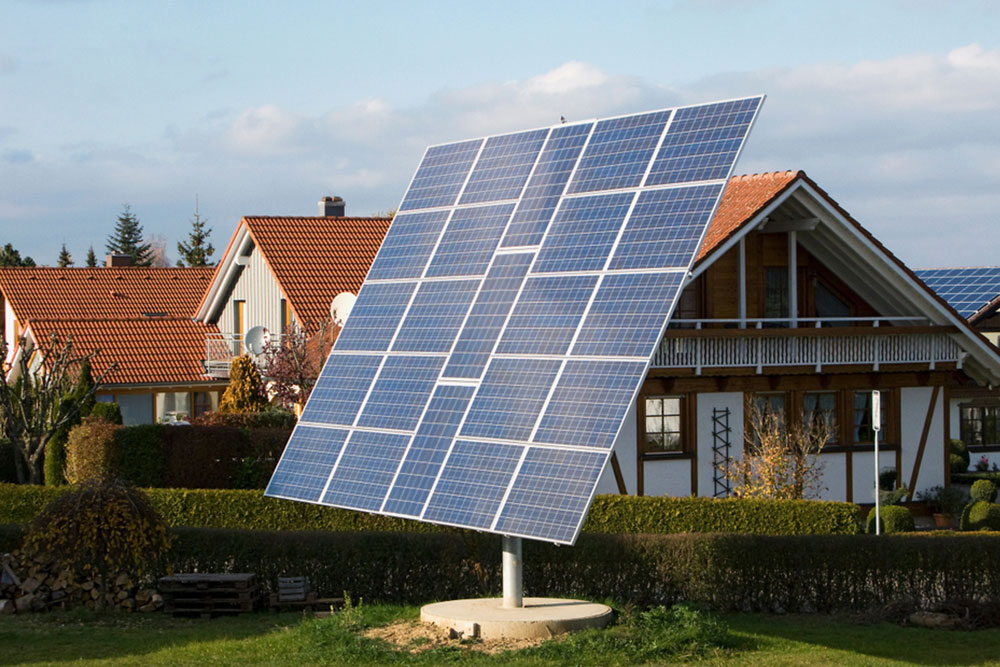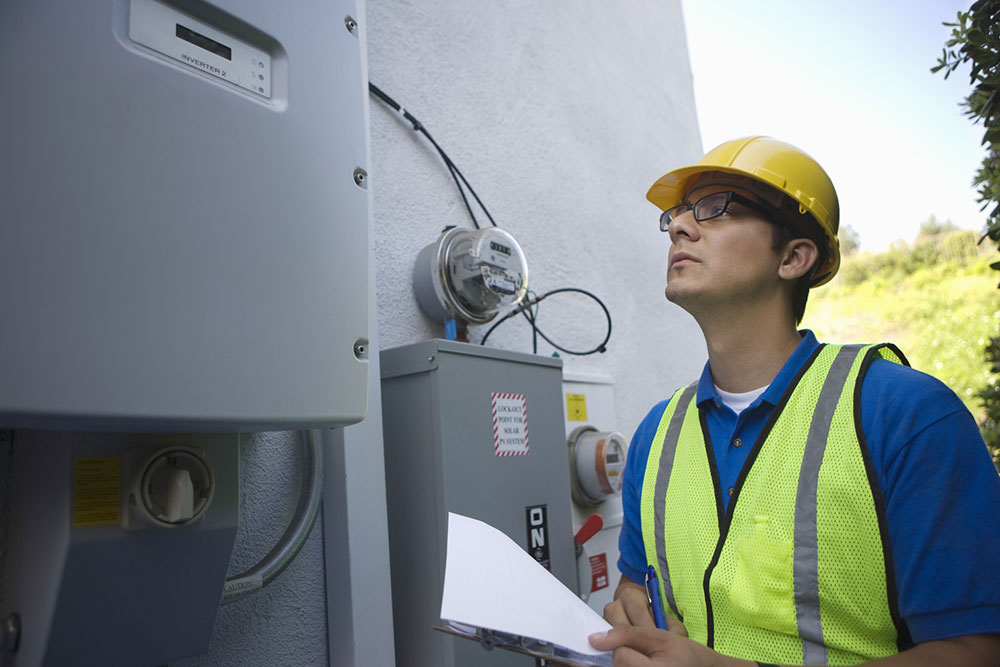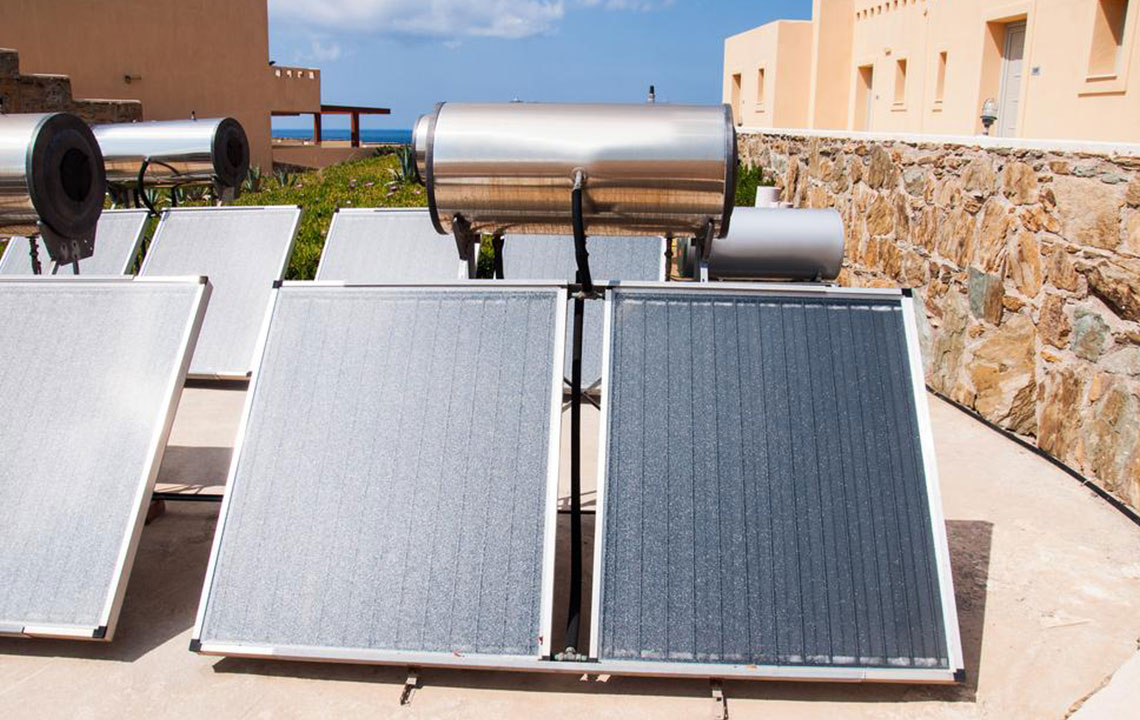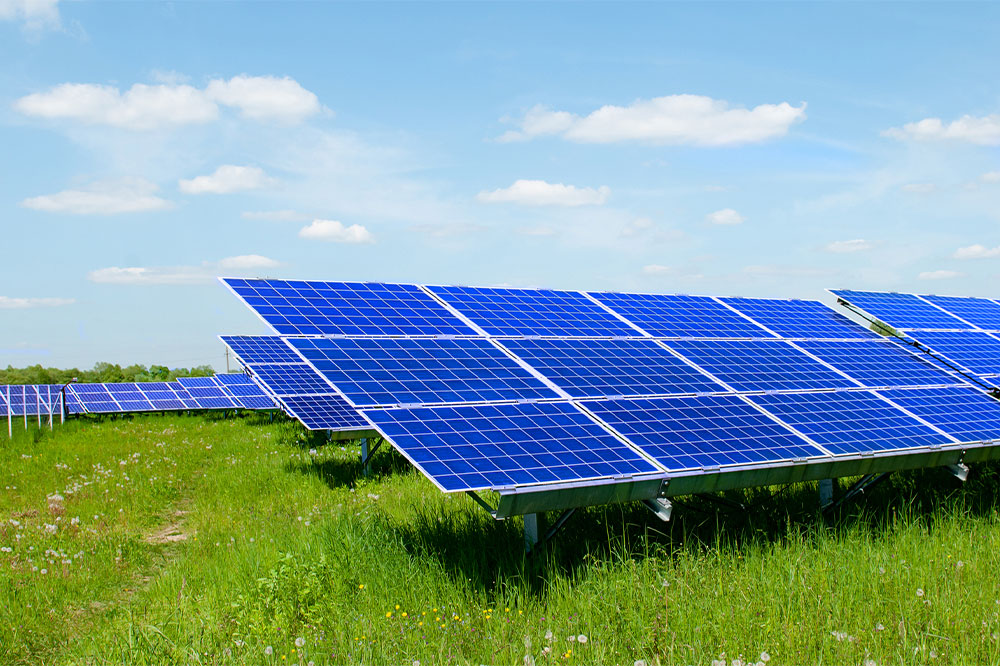Harnessing Solar Power: Types, Advantages, and Investment Costs
Explore the diverse types of solar generators, their numerous benefits including cost savings, eco-friendliness, and durability. Learn about their applications for portable and home backup use, and understand the investment costs involved. Solar energy provides a sustainable and reliable power source, making it an excellent choice for environmentally conscious homeowners seeking resilient energy solutions.
Sponsored

During power outages, traditional generators provide essential electricity, often running on fossil fuels like natural gas, propane, or diesel. However, solar energy-powered generators are emerging as eco-friendly alternatives. They offer a sustainable power backup option that doesn't harm the environment. Beyond sustainability, solar generators are durable and cost-effective, making them a preferred choice over conventional generators.
Understanding solar generators
Solar generators convert sunlight into electrical energy via solar panels. The generated energy is stored in batteries and used to power devices such as lights, televisions, fans, and small appliances.
Similar to traditional models, solar generators come with various circuits, capacities, and output options. Cutting-edge versions utilize lithium-ion storage and photovoltaic solar systems for enhanced performance.
Types of solar generators
Available in multiple sizes, solar generators range from compact, hand-held units to larger stationary systems suitable for home use. Users can choose portable units for mobility or larger stationary models designed for sustained backup power.
Portable units
Compact and lightweight, portable solar generators can be transported easily in vehicles, on carts, or even held in the palm of your hand. They are perfect for outdoor activities or emergency power on the go, provided they support the appliances you need to run.
Home backup solar generators are installed on-site and integrated with your home's wiring system. They can support the entire household or just essential appliances, depending on their size and capacity. When selecting a home unit, consider its power output, storage capacity, and efficiency to ensure reliable backup during outages.
Advantages of solar generators
Installing a solar generator offers numerous benefits for homeowners and their communities. These systems are not only environmentally friendly but also provide economic and operational advantages.
Energy cost savings
Operating solar generators eliminates fuel costs, significantly reducing long-term expenses. While initial investments might be higher, the savings in fuel and maintenance can make it a cost-effective solution over time.
Additionally, many governments offer incentives like rebates and tax credits for adopting solar energy systems, further lowering the overall expense.
Environmentally friendly energy
Solar power is a clean, renewable energy source. These generators convert sunlight into electricity without emitting harmful fumes or pollutants, making them safer for both users and the planet.
Durability and longevity
Modern solar generators are built to last. Solar panels typically have a lifespan exceeding two decades, and with proper maintenance—such as cleaning panels and avoiding complete battery drain—they remain reliable with minimal repairs needed. Their simple design with fewer moving parts further reduces maintenance costs.
Cost considerations for solar generators
While the upfront cost of solar generators can be high, the long-term savings on fuel and maintenance are significant. Portable units can be purchased online starting at approximately MXN 7,000, with prices varying based on quality, brand, and features. Larger, stationary models suitable for home backup tend to be more expensive due to installation costs but offer more comprehensive power support. Small-scale units are ideal for powering essential appliances like refrigerators, lighting, and small electronics, making them suitable for limited budgets.






